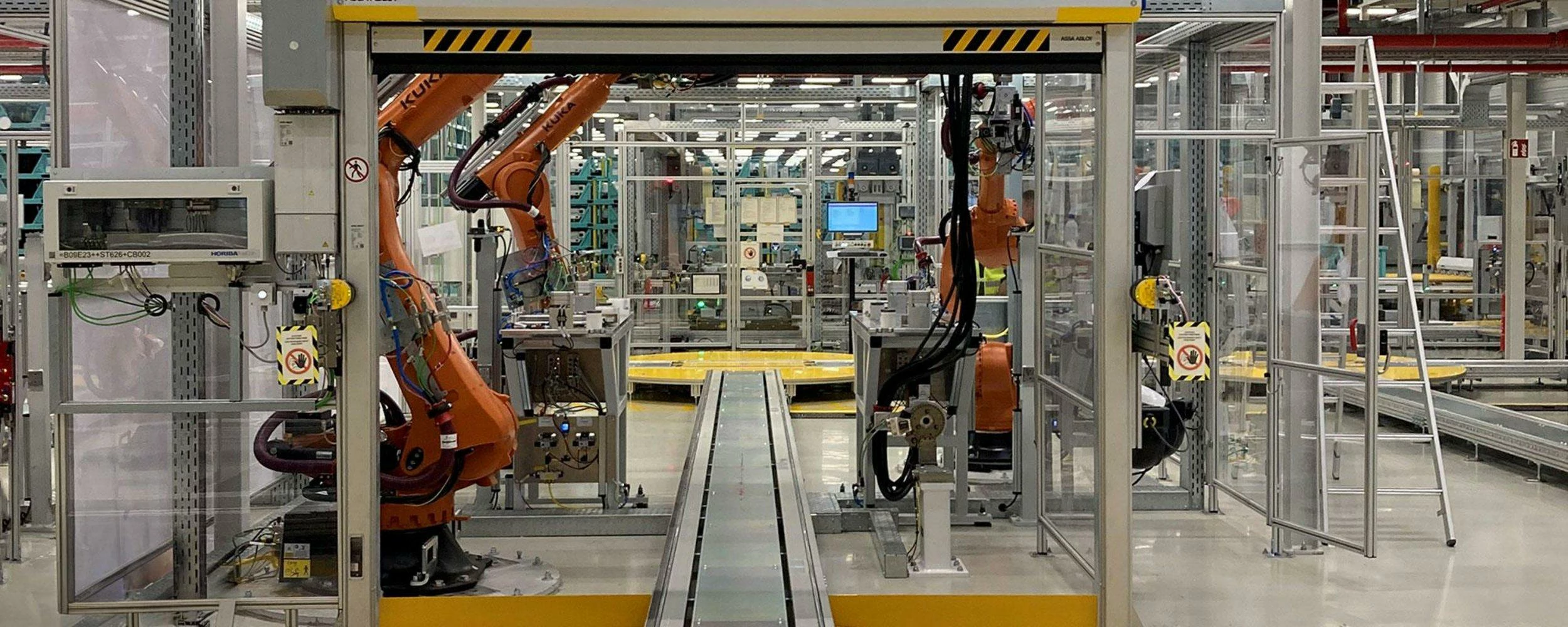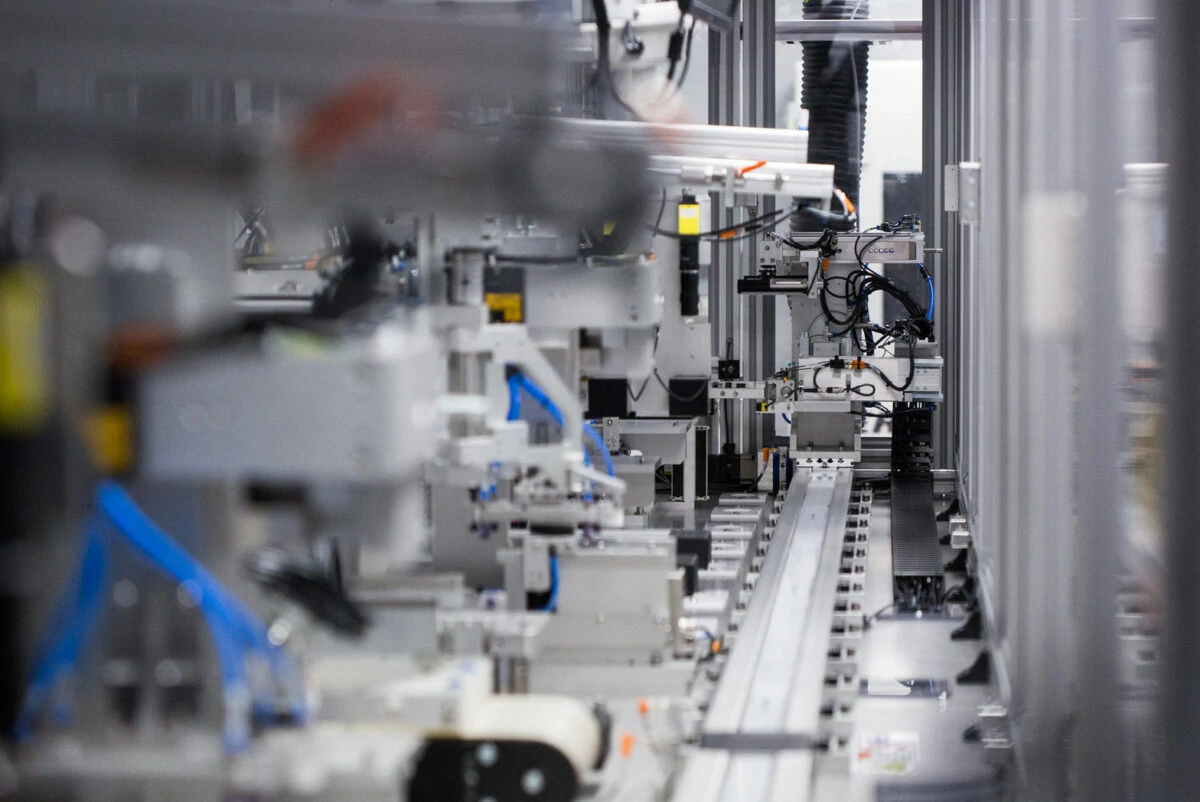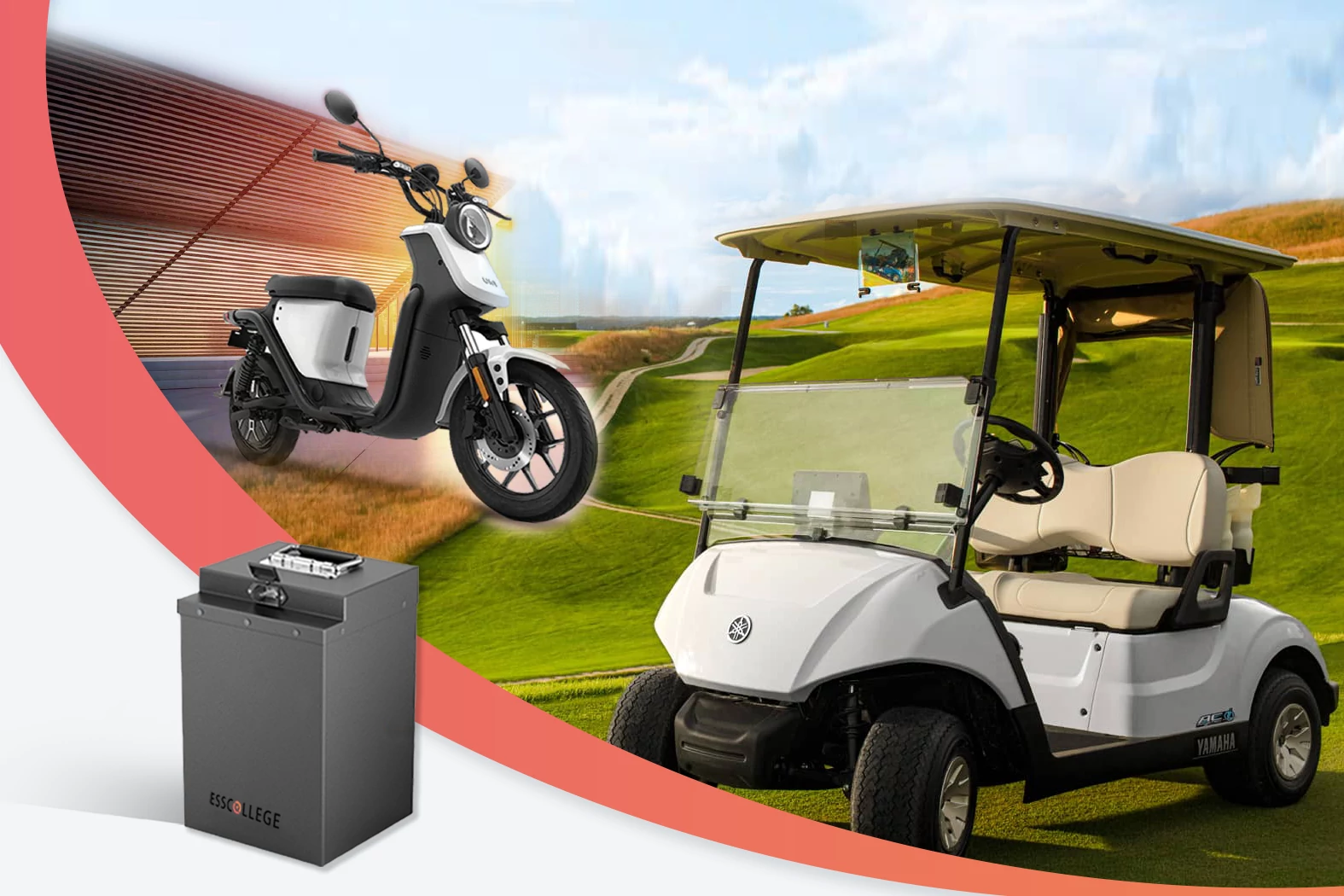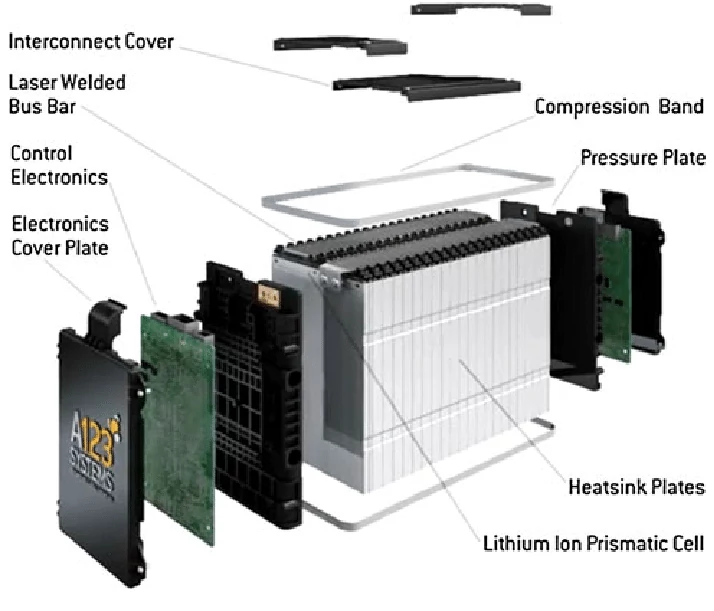Product testing Product testing is a key link to ensure...
National standards and industry norms
National standards and industry norms are an important basis for ensuring that the quality, performance and safety of battery products meet the specified requirements. In the production, testing and use of battery products, compliance with relevant national standards and industry norms helps to improve product consistency, safety and reliability. Standards and specifications related to battery products
National standards and industry norms

National standards and industry norms provide clear technical requirements and safety guarantees for the design, production, inspection, use and other aspects of battery products. These standards ensure the consistency, reliability and safety of battery products, help manufacturers strictly control the quality during the production process, avoid unqualified products entering the market, and ensure the safety of consumers. Compliance with these standards not only helps to improve the performance and quality of battery products, but also promotes the healthy development of the battery industry and promotes technological progress and international competitiveness. In addition, the standardization of the battery industry also helps to promote the integrated development of global battery technology, and provides a technical basis and guarantee for transnational trade and market cooperation.
Usual aspect
GB/T series standards: China's national standard GB/T (national standard recommended technical specifications) specifies the requirements of battery products, such as battery safety, performance, test methods, etc. For example, GB/T 18287-2013 (lithium-ion battery safety requirements), GB/T 22084-2008 (battery and battery system performance test method).
GB 31241-2014: This is a safety requirement standard for lithium batteries, which specifies the safety performance requirements for the design, production, transportation, and use of batteries.
GB/T 31467.3-2015: The standard for power batteries for electric vehicles, covering the technical requirements of batteries, performance evaluation methods, etc.
Battery industry standards: On the basis of national standards, many industry organizations and battery manufacturers will develop more detailed industry standards. These industry standards are usually for specific types of batteries (such as power batteries, energy storage batteries, etc.) or specific application field requirements, covering the design, manufacturing, testing and maintenance of batteries. For example, there will be industry standards for power batteries for electric vehicles and batteries for energy storage systems.
IEC standards: International standards for batteries issued by the International Electrotechnical Commission (IEC), such as IEC 62133 (safety requirements for lithium batteries), IEC 60086 (primary battery standards), IEC 62660 (test methods for power batteries). These standards are the technical basis for battery safety and performance testing worldwide.
UN38.3 Transportation standard: For the transportation requirements of lithium batteries, UN38.3 is a transportation standard stipulated by the United Nations, covering the safety requirements of battery transportation, such as overcharge, overdischarge, drop, short circuit and other tests.
Battery management system (BMS), as a core component to ensure the safety and performance of batteries, also has corresponding industry specifications. For example, the battery protection function of BMS, battery voltage and temperature management, SOC (state of charge) monitoring, etc., have corresponding technical specifications.
The quality control and safety testing of battery products need to follow strict national standards and industry norms, especially in the design, production, packaging, transportation, use and other aspects of the battery, to ensure that the product can meet the requirements of the industry standards and reduce the risk of accidents during use.
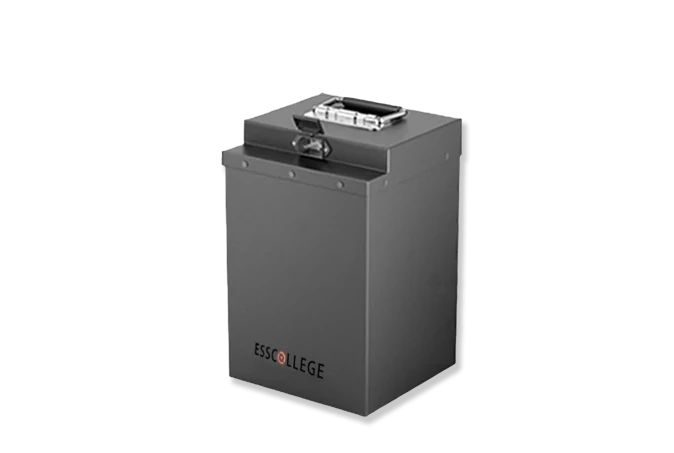
low-speed car batteries
Low-speed vehicle battery is a kind of battery designed for low-speed electric vehicles, which has the characteristics of clean, environmental protection, high efficiency and economy, and is widely used in electric golf carts, low-speed electric vehicles (LSV), mobile vendors, campus transportation, cargo trucks and so on
Extended reading
Product packaging and delivery
Product packaging and delivery The packaging and delivery of battery...
Product information expansion
Product information expansion Understanding low-speed vehicle battery product information is...
Product composition
Low-speed lithium battery product composition Understanding the product composition of...
THE ESSC Brand promise
Global supply
Our products sell well all over the world, covering many countries and regions, through the global logistics network, to provide customers with convenient purchasing experience.
Rigorous quality
We adhere to the highest quality control standards to ensure every product meets industry regulations and customer expectations, earning trust through consistent excellence.
Excellent service
With a customer-centric approach, we provide prompt responses, professional support, and personalized services, aiming to deliver the best user experience and long-term value.
